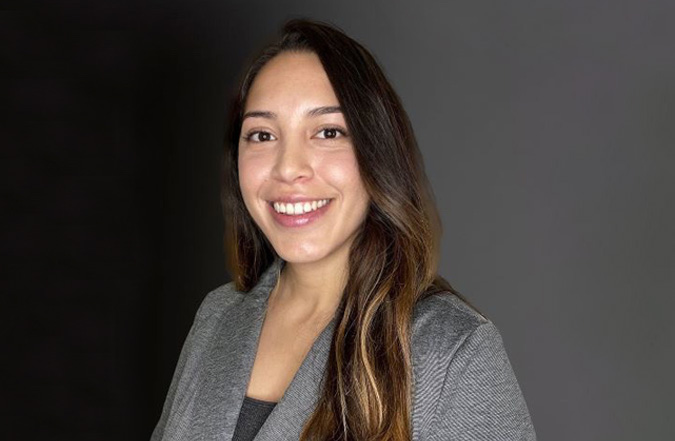
Sarahi is the marketing and retention and recruitment manager for the Department of Health and Welfare in Idaho, based in Boise. She graduated from the fourth APLD cohort in 2022.
Sarahi’s research in the program focused on adverse childhood experiences (ACEs). To combat the impact of ACEs, she emphasizes the role that just one caring adult can play. To view the interview Sarahi gave AdoptUSKids to help families, see “Understanding adverse childhood experiences and what you can do to help.” There, she explains to parents what ACEs are and what adults can do to mitigate the impacts of trauma.
In this expanded interview, Sarahi discusses her experience in the APLD program.
How did you discover the program?
I found out about the program through an AdoptUSKids newsletter and wondered if it was something I could do. I talked to my supervisor at the time and asked her if anyone in Idaho had ever been accepted. She said no, but that I should apply and create that pathway for other people!
What was your experience like in the program?
I love that I was able to meet all these other professionals who are trying to change the child welfare system for the better. Connecting with them was so empowering. Even the first time I met everyone, the energy in the room was incredible. It felt like we were all part of making that change.
Was carrying out an action research project difficult?
The process was actually great. While it is challenging, the research becomes streamlined when you pick a topic you’re passionate about. You don’t mind how many hours you need to put in. Instead, you think, “I’m going to continue working on it!”
And the support system is also there. It wasn’t hard to get through because I knew people had my back. All the mentors and other fellows were so supportive, and I never felt alone.
How did you choose the topic of adverse childhood experiences to focus on?
I knew I wanted to focus on mental health because Idaho is rated one of the lowest when it comes to mental health aid and related issues. I think now we’re kind of creating this momentum to prioritize it, and it was the perfect time to think about where that could fit within the child welfare system.
At the same time I was having these thoughts, a TED Talk came up on my feed that I had seen before. It’s a video by Dr. Nadine Burke Harris that gives a great overview of ACES. I thought, “Oh my gosh, this would be great to implement in the child welfare system with youth and even foster parents!”
When I brought this topic up to the APLD staff, they were excited. And something special happened beyond that. We’d have conversations about our topics with other fellows. With ACEs, we were now also looking within ourselves. It changed people’s lives in a personal and professional way.
Any final thoughts?
I believe that we have a brighter future ahead when it comes to mental health and prioritizing it in the state of Idaho.
Subscribe to our newsletter to be notified when we are accepting APLD applications and receive other information for professionals.